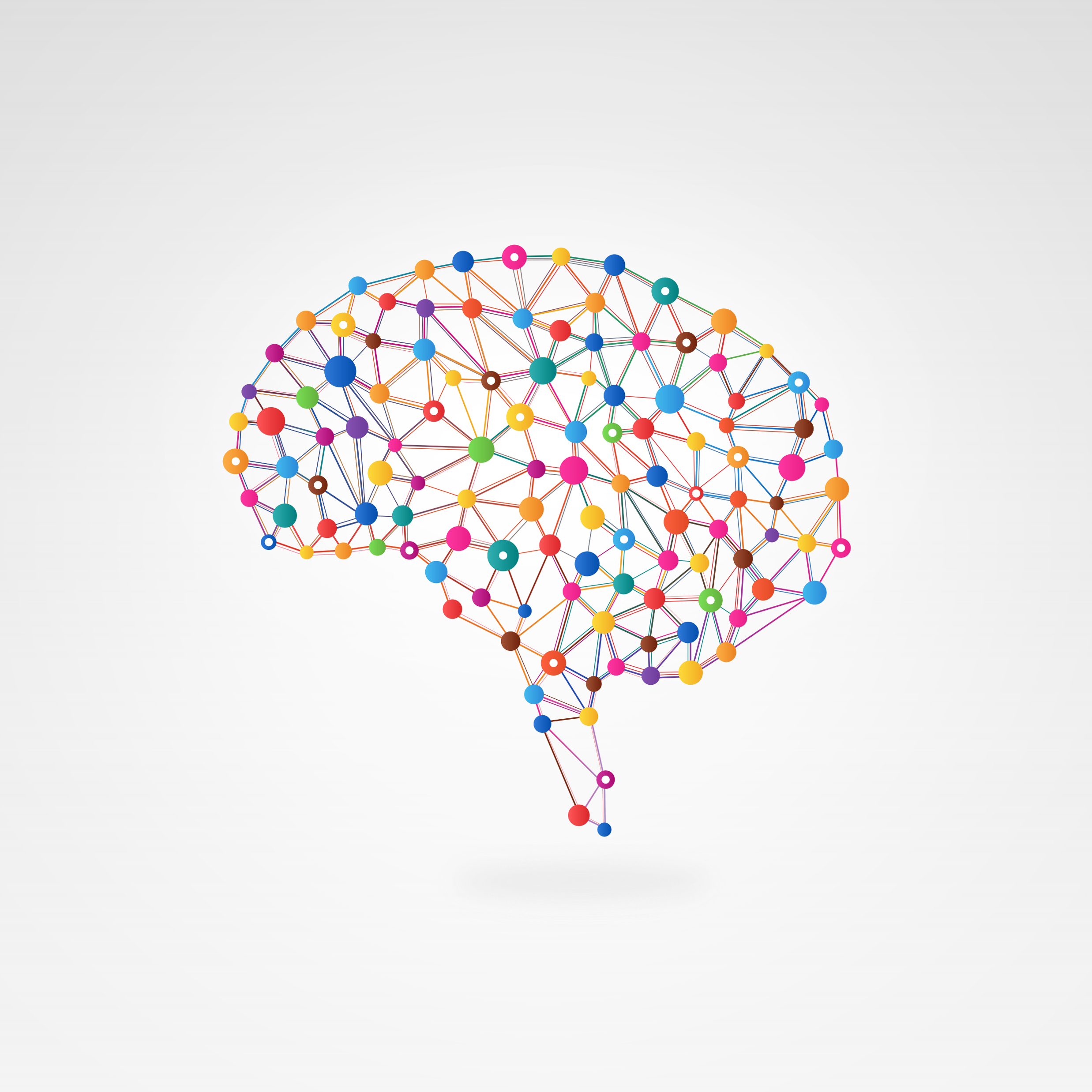Great News: The brain fog associated with menopause may only be temporary!
If you pride yourself in your ability to multi-task with the best of them, but lately struggle with concentrating on a singular task at hand, you are not alone. In fact, according to a recent Jane Brody column in The New York Times over sixty percent of women will experience menopause-related cognitive impairment. This might include difficulty with word retrieval and short term memory.
Don’t panic if you can’t remember what you ate for breakfast or temporarily can’t even remember the word for bagel. These cognitive-impairments are common for women transitioning through menopause and most importantly they are most likely temporary!
What causes this?
To understand what is happening it is important to realize that many women report cognitive problems during the transition from perimenopause through postmenopause. Women have even been shown to have a decline in functioning on neuropsychological testing, especially in the realm of processing speeds, verbal memory and executive functioning according to Pauline Maki, a professor of psychiatry and psychology at The University of Illinois at Chicago.
While other menopause related symptoms that cause sleep disturbances, such as anxiety, depression, and hot flashes are often blamed for these cognitive impairments, they really can’t be used as a primary cause to explain the decline in memory, learning and processing speeds.
The culprit is estrogen. While something similar occurs premenstrually, the cognitive symptoms are extremely short lived. On average estrogen starts to decline in women at 45 years old and the process is usually gradual and occurs over an extended period of years. Postmenopausal women, have very low levels of estrogen. The decline experienced during the transition, is thought to cause the cognitive related symptoms many women experience.
The Good News: “This too shall pass.”
For most women these effects are temporary and the brain will adjust to low levels of estrogen. Dr. Gail A. Greendale, a specialist in geriatrics and woman’s health at the David Geffen School of Medicine and the University of California, Los Angeles, conducted a four year study of 2,362 women and offers the following reassuring advice, “During the menopause transition, a woman’s brain may feel a little off, a little muddy, but when the transition passes, the clouds clear and the fog lifts. Sometimes all a woman needs to know is that this too shall pass.”
What if the symptoms are extreme?:
If the symptoms are extreme then you may want to consider some treatments that have had some success in treating cognitive symptoms. These may include hormone replacement therapy, low dose antidepressants, or gabapentin. These options should be discussed with your doctor, and it should be noted that they all carry risks that may make you want to forgo these options. Additionally, limiting alcohol, brisk walking, and following a Mediterranean diet, have all been shown to improve cognitive symptoms as well.
Why you must be proactive in seeking help:
When experiencing cognitive symptoms, most of us will panic and worry that we are at the beginning stages of dementia. In fact, some women, seeking an opinion from a memory specialist, will receive a misdiagnosis of mild cognitive impairment which is a “precursor” of dementia. Many doctors, including internists, will not be aware of the connection between your cognitive impairment and menopause and therefore will check for thyroid disease, vitamin deficiencies, and other causes. While it is a good idea to rule these out, you need to be proactive in asking about menopause related causes. While there is increasing awareness of cognitive impairment, many primary care doctors and specialists, including gynecologists, are not up-to-date on the findings. If you feel your doctor is dismissing your concerns, find one that will take you seriously. You deserve an accurate and thorough investigation into the sometimes concerning cognitive impairment symptoms that you are experiencing.
Share your experiences with brain fog and menopause in the comments below.
Prefer to listen to the article?:



Whew! Good to know. Mine is not severe, but seems to pop up at the oddest and inconvenient times. Thanks for this positive info.
I call this CRS (Can’t remember sh**), and always associated it with menopause. Glad “this too shall pass” Great article!
Thanks Diana! I hope it reassures a lot of women 🙂
I never really had that issue. But my mood swings and hot flashes were crazy off the charts! So glad that chapter is finished!
Thanks for sharing this interesting information.
Omg! I hate this part my memory is terrible, I am looking into hrt now! Thanks for writing!
What great timing for me to read this post! I was visiting with a friend just this morning and we were comparing notes on (and complaining about) this very topic. “The fog” is both baffling and exasperating, and I’m more than relieved to hear that it’s likely a temporary state of affairs!
Some genuinely quality blog posts on this internet site, saved to my bookmarks.